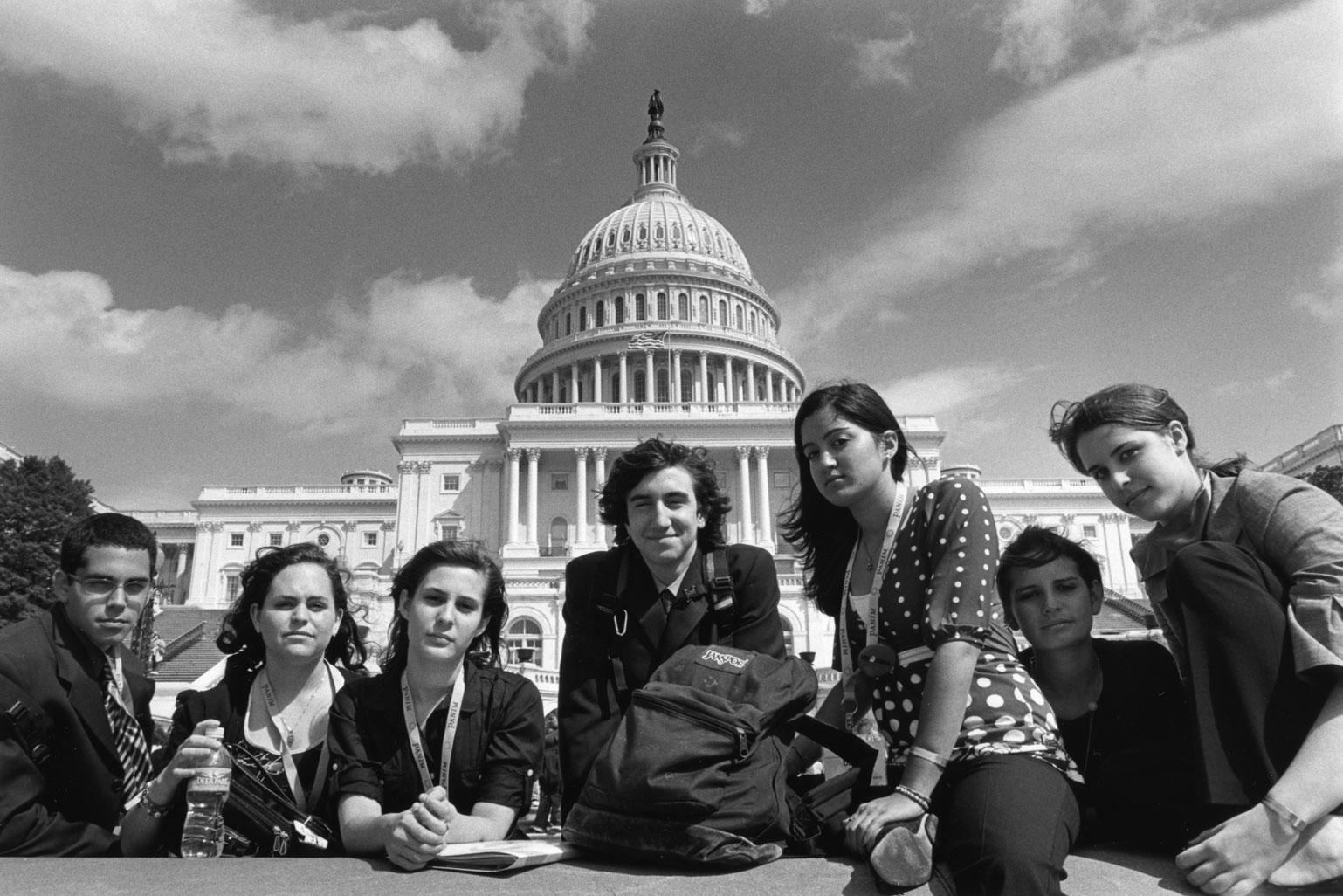Reflections on Civil Discourse and Civic Engagement: Making Change by Starting Small
Rabbi Jason Rubenstein, Dean of Students and Alumni, Yeshivat Hadar
What led you to study Judaism and Torah formally, and how did your desire to be civically and socially engaged, influence that path?
I can point to a few distinct narratives that when looked at together, form the basis for how I view the intersection of Torah and civic engagement in my life. One of these narratives was first written 35 years ago, when I was a child growing up in the synagogue community of Temple Micah in Washington, D.C. The political activism and engagement of that community influenced me deeply. Later, in my teenage years, when, like everyone, I encountered some of the loneliness and angst of adolescence, I started to feel like I didn’t have the resources with which to address my feelings, and I registered that need to find something. As a freshman in college, when the second intifada began in Israel, I remember thinking that tikkun olam was the only Jewish concept I had with which I could address my thoughts and feelings about the political situation in Israel and I needed a more robust and simultaneously fine-grained vocabulary to engage with.
It was a combination of those experiences that led me to want to study Judaism and Torah formally.
How have your rabbinate and your work changed, in light of current events?
In the past, I would talk and think a lot about politics, but I would never have signed a petition with my professional title of “Rabbi.” But I can pinpoint the moment that my thinking changed, the moment when the necessary intersection of my personal and public lives became clear. It was when I saw the viral photo of Alan Kurdi, the 3-year-old Syrian boy of Kurdish descent who drowned in the Mediterranean in September of 2015, after his family fled war in Syria in an attempt to reach Canada. Seeing that picture, of a victim the same age as my son, ignited the urgency I now feel to both teach Torah and talk politics—to merge both parts of my identity.
Clergy have a platform that lay people often do not. How do we exercise our power, as Jews and as citizens, even if we feel powerless?
We need to utilize and access the small local power that we do have. At Mechon Hadar, something we’re been working on over the last two years, is the internal organizational conversation around gender dynamics and disability, and being highly aware of and attuned to the community of students we’re creating at the yeshiva, to be sure that due to funding decisions and other considerations, our student population is diverse. This is one way, within our own sphere, we can create a space that better represents the diversity of society and forces us to be sensitive to it. That’s an application of the local power we have, at Hadar, and others can replicate that kind of attention in their own spaces.
